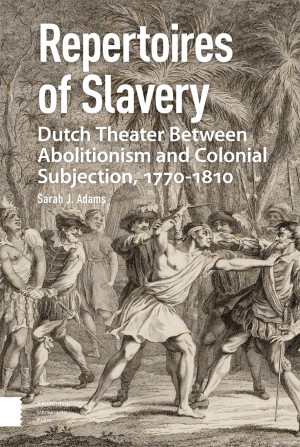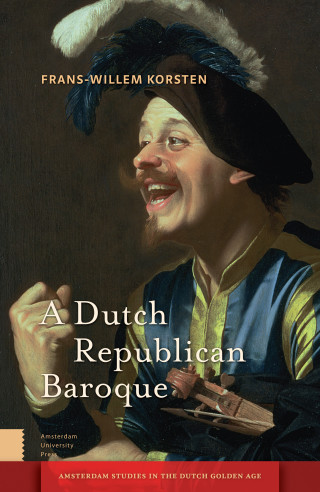Through the lens of a hitherto unstudied repertoire of Dutch abolitionist theatre productions, Repertoires of Slavery prises open the conflicting ideological functions of antislavery discourse within and outside the walls of the theatre and examines the ways in which abolitionist protesters wielded the strife-ridden question of slavery to negotiate the meanings of human rights, subjecthood, and subjection. The book explores how dramatic visions of antislavery provided a site for (re)mediating a white metropolitan—and at times a specifically Dutch—identity. It offers insight into the late-eighteenth- and early-nineteenth-century theatrical modes, tropes, and scenarios of racialised subjection and considers them as materials of the “Dutch cultural archive,” or the Dutch “reservoir” of sentiments, knowledge, fantasies, and beliefs about race and slavery that have shaped the dominant sense of the Dutch self up to the present day.




